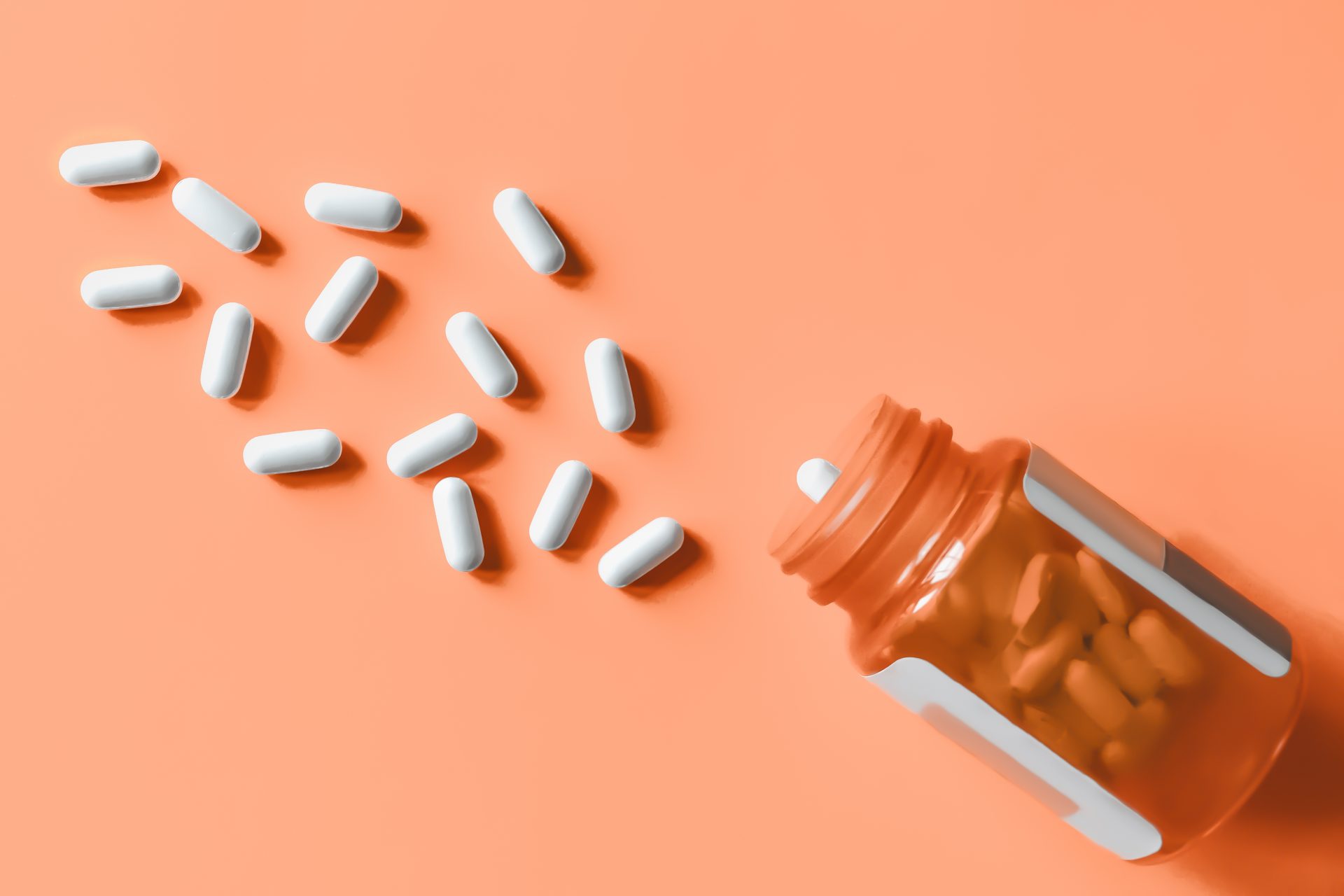https://alternative-medicine-ny.com/top/xopenex-lasix/
In her latest Head Strong column, psychologist Kimberley Wilson explains the link between diet and mental health.
We eat to celebrate, have drinks to commiserate and may turn to nostalgic and familiar foods for comfort. The link between food and mood a has been gathering interest in recent years. Does what we eat actually affect the way we feel? A quick google on the subject will throw up any number of competing claims, from ‘proof’ that sugar triggers anxiety to suggestions that gluten causes brain fog. But how much evidence is there to support the idea that our diets are in some way responsible for our emotions?
You may also like
How to de-stress: how food makes our brains happier
This is an increasingly important question as global rates of mood disorders and depression continue to rise, increasing fastest in women and girls. To combat this worrying trend, doctors are prescribing record levels of selective serotonin reuptake inhibitors (SSRIs) – antidepressants that are designed to work by increasing the levels of the neurotransmitter serotonin in the brain.
In the UK alone the number of prescriptions for SSRIs doubled in the ten years between 2008-2018. SSRIs help many people but, sadly, they are not as effective as we need them to be with many people experiencing ongoing depressive symptoms despite being on medication, what is then labelled as ‘treatment resistant depression’.
Some studies put the rate of treatment resistant depression at an alarming 55% of patients on antidepressants. The fact that medications don’t always seem to have the desired outcome for the people who need them most is causing the medical world to reassess what it knows about depression and its origins.

SSRIs are intended to work by keeping levels of serotonin in the brain elevated but have you ever stopped to think about where serotonin comes from in the first place? Serotonin (and other important brain chemicals like dopamine and endorphins) is synthesised from dietary nutrients.
Serotonin is produced by the conversion of tryptophan by enzymes. Tryptophan is an essential amino acid where ‘essential’ means that the body cannot synthesise it by itself, you have to acquire all the tryptophan your brain and body needs from the diet. This is usually not a problem because tryptophan is abundant in many protein-rich foods like milk, cheese, poultry, oats, nuts and seeds. But there’s more – those enzymes need nutrients like iron, calcium and vitamin B6 to make the conversion happen. This means that insufficient levels of these nutrients could impair the production of serotonin and have a negative effect on mood, in spite of medication.
You may also like
Iron deficiency: what are the symptoms of anaemia and which are the best iron rich foods to eat?
Stress also has an impact on the amount of nutrients that the body needs. During periods of intense pressure and effort the body increases production of a number of hormones such as adrenaline and cortisol as part of the ‘stress response’. It’s important to remember that as far as your brain and body are concerned all stress is a matter of life and death. Your body can’t distinguish whether the thing that you are worried about is bad feedback on your appraisal or a near-miss on the road, so once the emergency signal is sent all of the same processes shift into gear.
The stress response is part of your body’s emergency survival system so it gets first dibs on your nutrients. When you are in ‘fight or flight’ mode your body is more interested in you being alive than it is in you being happy. That means that if you have low levels of important nutrients and go through a period of stress, you may have insufficient nutrition to support other brain functions like good mood, attention and healthy sleep.
This is why all sleep, mood and attention can go out of the window when we are stressed, and why chronic stress is a risk-factor for subsequent depression. On the flip-side, it also explains why improved nutrition has been shown to buffer people from the negative effects of acute and long-term stress and even protect them from PTSD following a life-threatening event.

I’m not saying that nutrition is the answer for everyone with a diagnosis of depression; many people with nutrient-dense diets still become unwell. However, this research is promising in that, for some people (particularly those with poorer diets) it offers hope for a debilitating condition. It is also empowering because improving our nutrition is something that we have some control over – unlike other risk factors for depression such as poverty or trauma.
So where should you start? The research indicates that diets rich in the following foods are associated with reduced risk of, or recovery from, stress and depression:
- Leafy green vegetables – spinach, rocket, watercress, lettuce
- Cruciferous vegetables – broccoli, kale, cabbage, cauliflower, Brussels sprouts
- Oily fish, mussels and oysters
- Organ meats such as liver
You may also like
Mood boosting foods: add these three ingredients to your shopping list this year
Try to eat leafy greens and vegetables every day and a serving of oily fish twice a week. Other foods such as nuts, berries and green tea have also been shown to be beneficial to overall brain health so aim for variety. If you know you are heading into a particularly stressful time a vitamin B complex or broad-spectrum multivitamin and mineral supplement might also be a good idea. If, for whatever reason, you’re planning on changing your diet, it’s worth thinking about how it might impact your mental health. Chat to your GP before doing so, particularly if you already live with a condition like depression.
If you, or someone you know, is struggling with their mental health, you can find support and resources on the mental health charity Mind’s website and NHS Every Mind Matters or access the NHS list of mental health helplines and organisations here.
Source: Read Full Article
